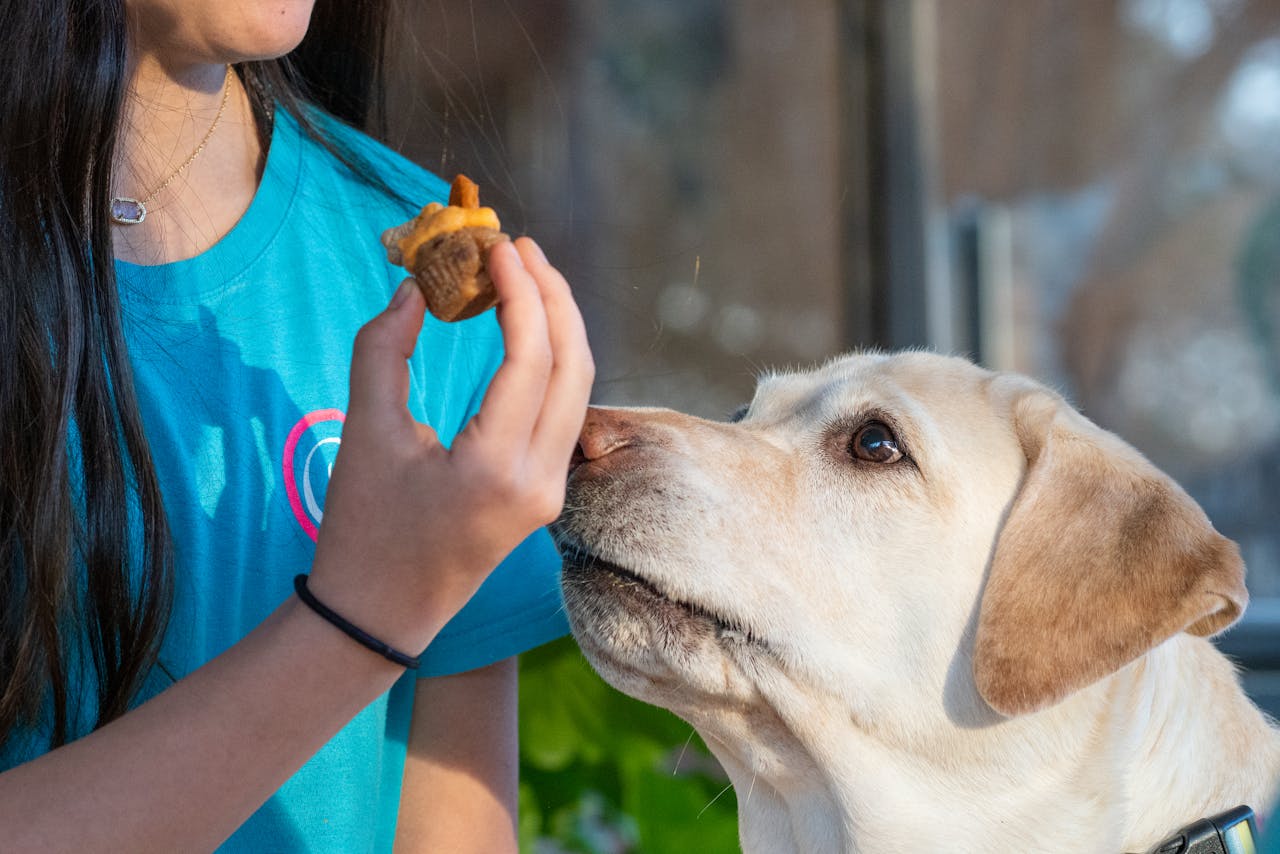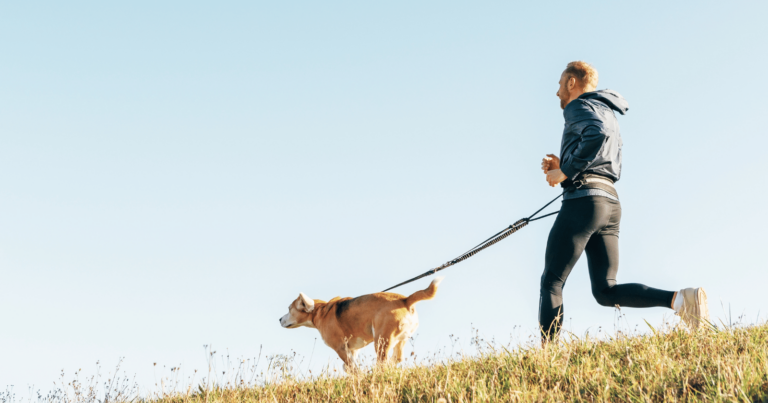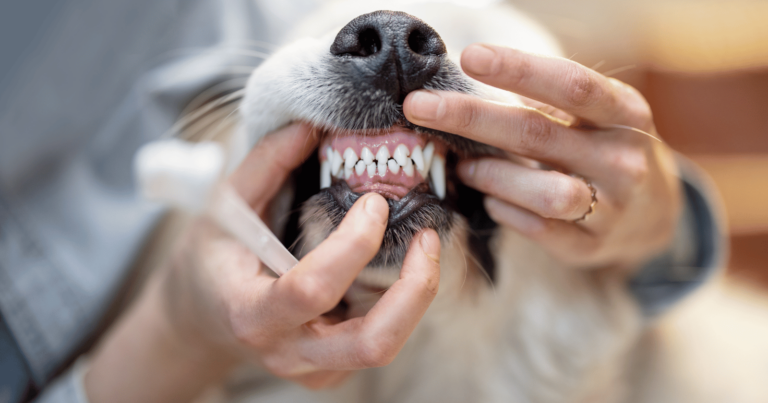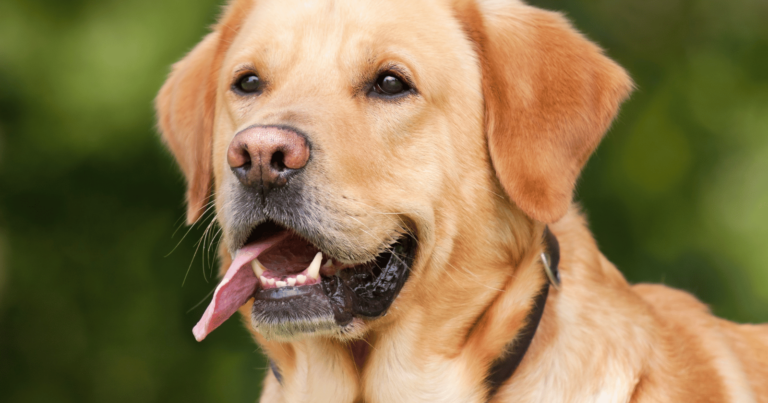So, you’re thinking about switching your dog to a vegan diet.
You’re not alone.
Many pet owners are starting to consider this more sustainable and ethical way of feeding their furry friends.
But is it really safe? Can you really feed your dog a vegan diet?
These questions are absolutely valid and it’s important to address them head on.
Dogs, by nature, are omnivores. This means they can survive on both plant and animal-based diets.
However, the key word here is ‘survive’.
The question we should be asking is: will they ‘thrive’?
In the next few paragraphs, we’ll delve into 8 essential things you need to know if you’re considering a vegan diet for your dog.
1. Understanding the nutritional requirements of dogs
Dogs, like us humans, need a balanced diet to thrive.
This means they need a mix of proteins, carbohydrates, fats, vitamins and minerals.
Proteins are particularly important for dogs as they provide the essential amino acids needed for growth and maintenance.
These amino acids are the building blocks for tissues, hormones and enzymes.
While some of these can be produced by the dog’s body, others must be obtained from the diet.
Traditionally, these essential amino acids have been sourced from animal-based proteins.
However, certain plant-based sources can also provide these.
It’s crucial to understand that not all protein sources are created equally and some may be lacking in certain essential amino acids.
Carbohydrates provide energy, while fats are not only a concentrated source of energy but also aid in nutrient absorption and nerve function.
Vitamins and minerals are vital for overall health and wellbeing.
A vegan diet for dogs would mean replacing animal-based proteins with plant-based ones.
This brings us to the question: Can plant-based proteins provide all the essential amino acids that dogs need?
The answer is a little complex.
Some plant-based proteins do contain all essential amino acids, but they may not be as readily digestible or as balanced as animal proteins.
Therefore, if you’re considering a vegan diet for your dog, you’ll need to ensure that their nutritional needs are met through careful planning and potentially supplementing their diet with certain nutrients.
2. The challenge of meeting nutritional needs
While it’s true that some plant-based proteins contain all essential amino acids, they are not always in the right proportion for dogs.
In fact, some essential amino acids may be present in lower quantities in plant-based proteins compared to animal-based ones.
Moreover, the digestibility of plant-based proteins can vary.
This means even if a plant-based source has all the essential amino acids, your dog might not be able to absorb them as efficiently as they would from an animal-based source.
In addition to proteins, there are other nutrients that are primarily found in animal-based ingredients.
These include certain vitamins like B12 and D3, and minerals like calcium and phosphorus.
While these can be found in plant-based sources, they are often in forms that are not as easily absorbed by dogs.
It’s also worth noting that some dogs might have difficulty digesting large amounts of certain plant-based ingredients.
This can lead to gastrointestinal problems like gas, bloating and diarrhea.
It is highly recommended to consult with a veterinarian or a pet nutritionist before making this significant change in your dog’s diet.
They can provide guidance on how to properly balance a vegan diet for a dog and monitor your dog’s health throughout the transition.
3. Health implications of a vegan diet for dogs

If not properly planned and supplemented, a vegan diet can lead to nutritional deficiencies in dogs.
Protein deficiency can lead to loss of muscle mass and impaired immune function.
Deficiencies in certain amino acids can lead to skin and coat problems, and even more serious health issues like heart disease.
Vitamin and mineral deficiencies can also have serious consequences.
Insufficient vitamin B12 can lead to anemia and neurological problems.
A lack of vitamin D can result in bone abnormalities.
Similarly, insufficient calcium can lead to dental issues and poor bone health.
On top of these potential deficiencies, as mentioned earlier, some dogs may experience digestive problems on a vegan diet due to the high fiber content in plant-based ingredients.
However, it’s also important to note that a well-planned vegan diet can provide health benefits for dogs.
A diet rich in fruits and vegetables can provide antioxidants that support a dog’s immune system.
It may also help in weight management and could potentially reduce the risk of certain diseases.
4. Transitioning your dog to a vegan diet
If you’ve decided to transition your dog to a vegan diet, it’s important to do so gradually.
A sudden change in diet can cause digestive upset in dogs.
Start by mixing a small amount of the vegan food with your dog’s current food.
Gradually increase the proportion of the vegan food over a week or two, while decreasing the amount of the old food.
Monitor your dog closely during this transition period for any signs of digestive upset or allergic reactions.
It’s also crucial to regularly monitor your dog’s weight and overall health during the transition.
Any drastic weight loss or changes in behavior should be immediately addressed with your vet.
Remember, a vegan diet for dogs requires careful planning and possible supplementation to meet all nutritional needs.
Hence, it might be helpful to consider commercially prepared vegan dog foods.
These are typically formulated to meet the nutritional needs of dogs and often include necessary supplements.
However, not all commercial vegan dog foods are created equal.
It’s important to choose a product that is complete and balanced, meaning it meets the nutritional standards established by the Association of American Feed Control Officials (AAFCO).
5. The importance of regular vet checkups
Regular vet checkups become even more crucial when you’re feeding your dog a vegan diet.
During these visits, your vet can perform blood tests to check for nutritional deficiencies.
They can also monitor your dog’s weight and assess their overall health.
In addition to regular checkups, it’s also a good idea to watch for changes in your dog’s behavior, energy levels, and appearance.
For instance, a dull coat, lethargy, or drastic weight loss could be signs of nutritional deficiencies.
If you notice any such changes, it’s important to consult with your vet immediately.
They can help determine whether these are due to the vegan diet and make necessary adjustments.
Regular vet visits are not just about catching potential problems early.
They’re also an opportunity for you to discuss any concerns or questions you may have about your dog’s vegan diet with a professional.
Your vet can provide guidance and advice tailored to your dog’s specific needs and circumstances.
6. Consider your dog’s individual needs and preferences

Every dog is unique, and what works well for one might not necessarily work for another.
For instance, some dogs might have specific health issues that require a certain type of diet.
Dogs with kidney disease, for example, often need a diet that is low in phosphorus, which can be challenging to achieve with a vegan diet.
Similarly, some dogs might simply not enjoy the taste of vegan food.
Dogs, like humans, have their own individual taste preferences.
If your dog doesn’t enjoy their food, they might not eat enough of it to meet their nutritional needs.
It’s also important to consider your dog’s life stage and activity level when planning their diet.
Puppies, pregnant or lactating dogs, and highly active dogs all have higher nutritional needs.
Meeting these needs can be more challenging with a vegan diet.
7. Ethical and environmental considerations
One of the main reasons some pet owners consider a vegan diet for their dogs is due to ethical and environmental concerns related to animal agriculture.
Animal farming is associated with a range of ethical issues, from animal welfare concerns to the use of antibiotics.
It’s also a major contributor to greenhouse gas emissions, deforestation, and water pollution.
A vegan diet for dogs can potentially help address these concerns by reducing demand for animal products.
But it’s important to weigh these potential benefits against the potential health implications for your dog, as discussed earlier.
Moreover, not all plant-based ingredients are environmentally friendly.
Some, like palm oil or soy from deforested areas, can have a significant environmental impact.
Therefore, it’s important to choose vegan dog foods that are not only nutritionally complete but also sourced sustainably.
Ultimately, it’s about finding a balance that respects both your ethical values and your responsibility to provide the best care possible for your dog.
8. Alternatives to a fully vegan diet
Feeding your dog a vegan diet is a personal decision that requires careful consideration of the points we’ve discussed.
But, what if you’re not entirely comfortable with the idea, or if your dog’s health or preferences make it impractical?
There are alternatives that can still align with your ethical values and environmental concerns without fully eliminating animal products from your dog’s diet.
One option is to feed your dog a vegetarian diet, which includes ingredients like dairy and eggs.
These are animal products but do not necessarily involve the killing of animals.
They can provide some of the essential nutrients that are harder to obtain from plant-based sources.
Another option is to opt for a mixed diet, combining vegan meals with meals containing animal products.
This can help ensure that your dog gets all the necessary nutrients while still reducing the overall demand for animal products.
You could also consider choosing dog food brands that source their animal ingredients ethically, such as from free-range or organic farms.
Some brands also use novel protein sources like insects, which have a lower environmental impact than traditional livestock.
Making the best choice for your dog
At the end of the day, the most important thing is to make a decision that is in the best interest of your dog’s health and wellbeing.
A vegan diet can be a viable option for dogs, but it requires careful planning, regular monitoring, and possibly supplementation.
If you’re considering this route, it’s essential to consult with a veterinarian or pet nutritionist.
They can guide you in creating a balanced vegan diet for your dog, and help monitor their health throughout the transition.
Ultimately, whether you decide to feed your dog a vegan diet or not, what matters most is that they receive a balanced diet that meets their nutritional needs, and they are loved and cared for.
By seeking information and taking these thoughtful steps in deciding your dog’s diet, you’re already showing the incredible love you have for your doggy friend.












